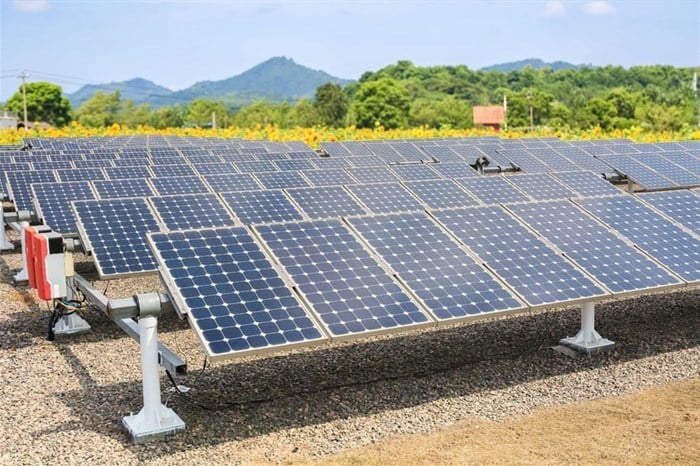How the agri sector can reap the rewards of renewable energy solutions

According to Agribiz, the sector is likely to increase agricultural exports further this year, on the back of another larger maize harvest. Additionally, favourable seasonal production conditions have boosted the prospects for exportable fruit commodities. However, the lack of certainty around constant power supply has had and continues to have a massive impact on the agricultural sector.
"Power outages have a negative impact on businesses with warehouses, processing plants, canning factories, cold storages and those reliant on irrigation. Farming operations and seasonal planning have been disrupted by repeated outages," says Paul Makube, senior agricultural economist at FNB Agribusiness.
Increased cost of business
Makube notes that while farmers can do everything in their power to produce good quality, marketable products and the ability to store products at the optimal temperature ultimately determines the quality when it reaches the market.
"Generators that run for hours to maintain temperature levels translate into an unsustainable additional cost. Farmers can register for the diesel refund scheme administered by the South African Revenue Service through the VAT system. However, the administrative process and delayed refunds can be a challenge," he says.
In addition to load-shedding issues, the cost of electricity supply via Eskom remains high and set to increase further from 1 April 2021. An amount of 5.44c/kWh will be added to the average standard tariff, bringing the rate Eskom customers will be forced to pay in the 2021/2022 tariff year to 134.3c/kWh — up by 15.63%.
Customised alternative energy solutions
The current power supply challenges coupled with ongoing tariff increases present a compelling case for farmers to consider investing in renewable energy alternatives to ensure the sustainability of the sector.
Kyle Durham, head of alternative energy solutions at FNB Business says customised solutions are available for the agriculture sector. "We’ve done the research and we find that this is definitely a non-core approach. For example, if a farmer is given a choice between financing another packhouse or a solar energy project, he will tend towards choosing the packhouse because he understands the risk profile but financially the solar plant might be a better option for his business," Durham explains.
Durham says one of the most effective solar solutions is a grid-tied solution. Grid-tied systems consist of two key components – solar panels and a dedicated grid-tied inverter. All the electric power generated by the solar panels feeds through a mains-synchronised inverter directly into a distribution board and offsets the power the farm would normally consume from Eskom or the municipality.
"This means you are trying to use your solar plant in such a way that by noon on a sunny day, the plant is generating maximum electricity and as you go towards the evening and mornings, you revert to using municipality or Eskom electricity. You can save 30% to 50% on your electricity bill."
"The expected capital cost of a solar plant is linked to the current energy requirements and can vary from R120,000 to more than R10m. However, the long-term benefits in terms of cost-saving and business sustainability far outweigh the upfront costs. FNB Alternative Energy Solutions offers bespoke finance solutions to help fund these capital costs. Helping the agricultural industry maintain sustainability going forward is key to rebuilding our economy," Durham concludes.




























